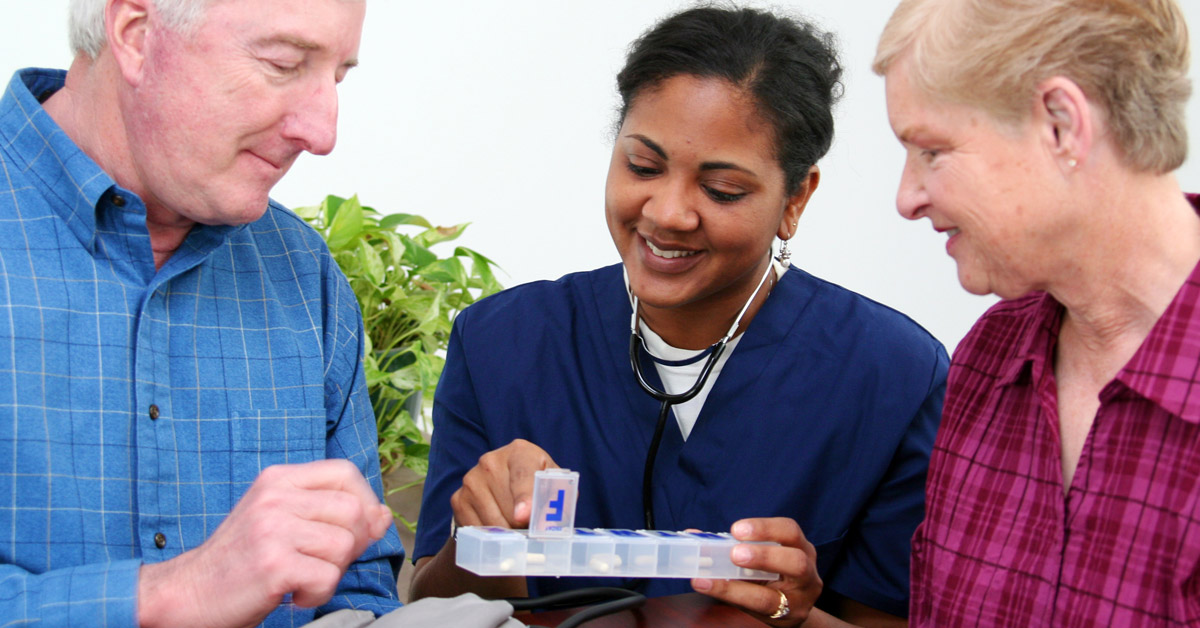
Daily Aspirin Increases Risk of Stroke and Serious Hemorrhage
In the relative absence of serious studies on the subject, many doctors believe millions of seniors around the world are self-medicating with daily aspirin. Why not? Aspirin feels safe, and everyone has heard the extensive benefits. Consider this. A recent study finds that among people age 60+, daily aspirin increases the risk of stroke up to 250%.1 The short answer is that aspirin is a drug, like any other. It brings risks and benefits. When self-medicating, one should follow the instructions on the label. Doctors are trained to weigh the risks and benefits, so patients should only take drugs differently than labeled under doctor’s orders.
The Amazing Benefits of Aspirin
Aspirin. With a cost of production at less than two pennies per pill, this wonder drug shows promise in much more than self-medicating for headaches. Among middle-aged people, science and clinical practice have long established aspirin’s benefits in preventing cardiovascular events among people who have already experienced a stroke or heart attack. Emerging science suggests aspirin may help lower the risk of breast cancer recurrence,2 colorectal cancer, and other cancers.3 Some research even finds a role for aspirin in the prevention of dementia including Alzheimer’s. However, a 2020 meta-analysis of all studies on this subject concludes: “This review found no evidence to support the use of either aspirin or other NSAIDs for the prevention of dementia and, in fact, there was some suggestion that they may cause harm. The studies had limitations, but, given the concerns over safety, further studies of low‐dose aspirin for dementia prevention seem unlikely. If future studies of NSAIDs for dementia prevention are planned, then these will need to be mindful of the safety concerns.”4
What’s the Harm in Low-Dose Aspirin?
The work of Ando Katsuyuki and colleagues, published recently in the Journal of Hypertension, finds that aspirin consumed at 100mg daily increases the risk of stroke and serious hemorrhage. They started with a group of more than 12,000 seniors. They gave half daily, low-dose aspirin. They tracked death from cardiovascular disease, nonfatal stroke, and nonfatal myocardial infarction. Even among the participants with high blood pressure, daily aspirin had no effect on these outcomes. However, among the whole group, daily low-dose aspirin increased the risk of serious hemorrhage 81% and the risk of hemorrhagic stroke trended 75% higher. Among seniors with high blood pressure, the risk of hemorrhagic stroke went up 251%.
Should I Take Daily Aspirin?
If aspirin has emerged as both a miracle drug and a drug with some noteworthy risks, how can I know if I should take aspirin? Clear guidelines exist. When self-medicating, follow the instructions on the label. Furthermore, your doctors’ orders trump the generic instructions the labels of bottles purchased without a prescription. Aspirin proves very beneficial under very specific circumstances. What’s more, healthcare professionals learn more every day about how aspirin should and should not be used. See your doctor and take aspirin as the doctor orders.
References
- Ando K, Shimada K, Yamazaki T, Uchiyama S, Uemura Y, Ishizuka N, Teramoto T, Oikawa S, Sugawara M, Murata M, Yokoyama K. Influence of blood pressure on the effects of low-dose asprin in elderly patients with multiple atherosclerotic risks. Journal of Hypertension. 1;37(6):1301-7.
- Chen WY, Holmes MD. Role of aspirin in breast cancer survival. Current Oncology Reports. 2017 Jul;19(7):1-8.
- Patrignani P, Patrono C. Aspirin and cancer. Journal of the American College of Cardiology. 2016 Aug 30;68(9):967-76.
- Jordan F, Quinn TJ, McGuinness B, Passmore P, Kelly JP, Smith CT, Murphy K, Devane D. Aspirin and other non‐steroidal anti‐inflammatory drugs for the prevention of dementia. Cochrane Database of Systematic Reviews. 2020(4).






